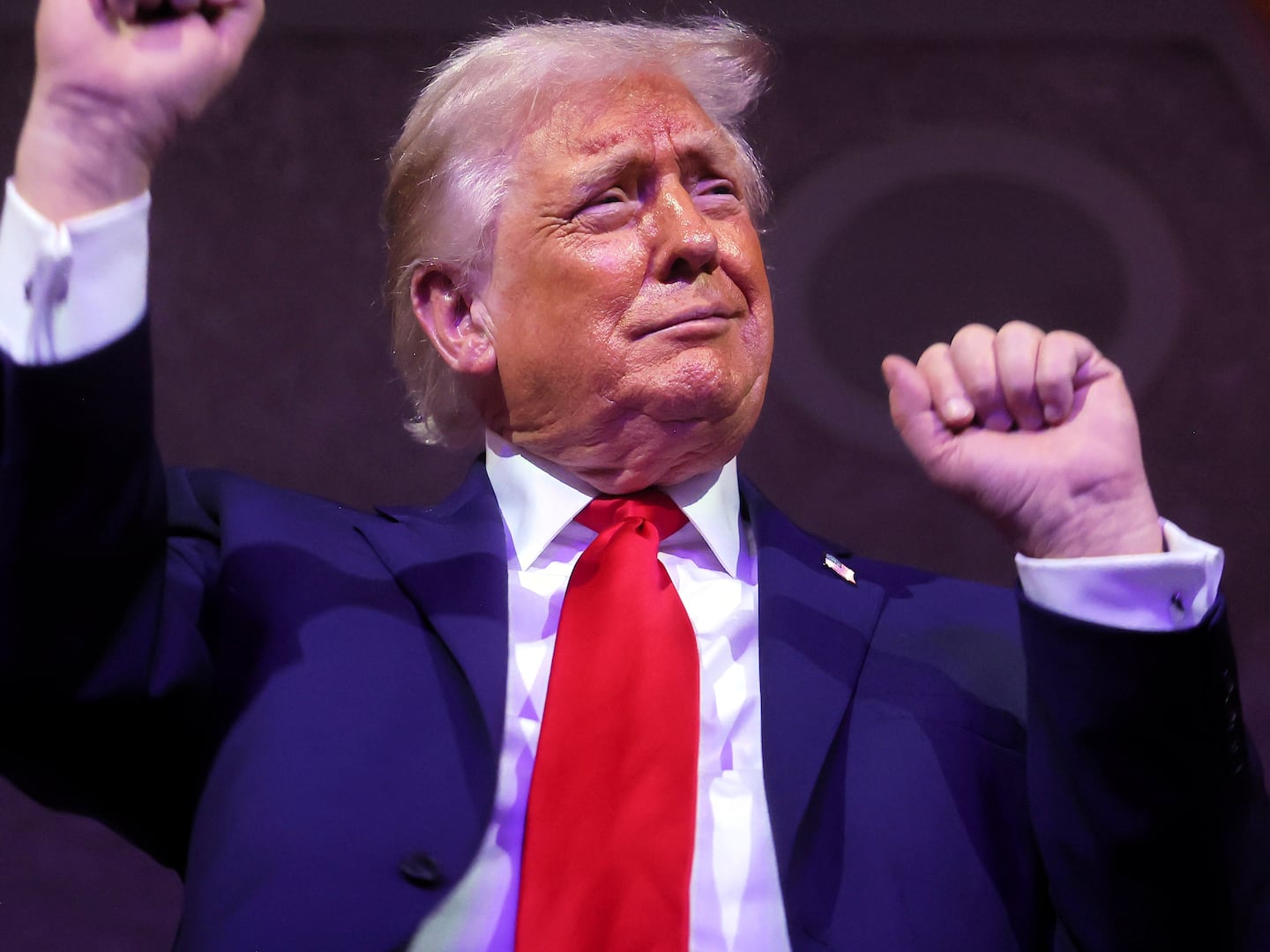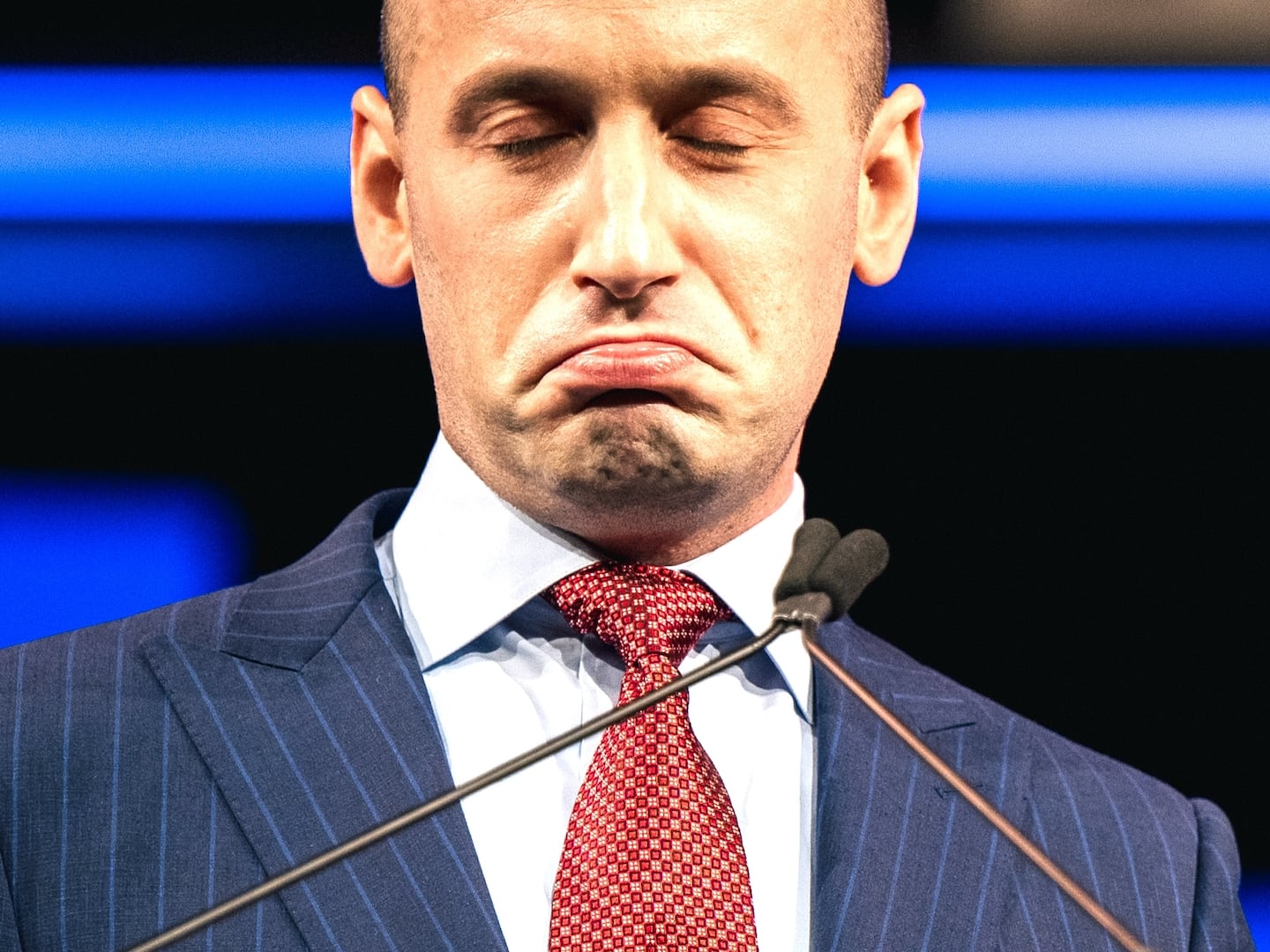The hotly anticipated trial of Paul Manafort begins Tuesday in federal court in the Eastern District of Virginia. The stakes could not be higher. The 69 year-old Manafort, who once served as President Trump’s campaign chairman, faces criminal charges that could keep him behind bars for the rest of his life. (He already is behind bars awaiting trial because a judge pulled his bail when he got caught trying to tamper with witnesses.)
While Manafort will be the one sitting at the defendant’s table, there is even more at stake than one man’s liberty. The trial inevitably will be seen as a referendum on the Mueller investigation as a whole. A conviction will serve as powerful vindication and legitimization of Robert Mueller and the entire special counsel office’s investigation. Anything short of conviction, on the other hand, will cause convulsions of joy among the “Rigged Witch Hunt” crowd and surely will evoke legendary bursts of Twitter gloating by the president.
Of course, the actual charges against Manafort have very little to do with Trump, and nothing whatsoever to do with Russian election interference. The indictment runs 37 pages and 77 paragraphs, but it boils down to this: Paul Manafort made tens of millions of dollars working for Ukrainian political entities and tried to hide that money and avoid paying U.S. taxes on it by lying to his banks and to the IRS. (Manafort faces a separate slate of charges in a different federal court in Washington, D.C., relating to his work as an unregistered foreign agent in the United States and witness tampering. That trial is set for the fall.)
From a prosecutor’s perspective, the case against Manafort looks strong. Take Manafort’s name out of it, take the politics out of it, and take the media blitz out of it, and this is a fairly routine financial crime case. This is what prosecutors sometimes call a “paper case”: the case can be made largely on bank records and other financial documents. The witnesses promise to be a blandly bureaucratic bunch, including financial witnesses who will be testifying under grants of immunity. (The immunity grants suggest those witnesses might have some marginal exposure themselves, but not enough to justify criminal charges). The most contentious witness likely will be Manafort’s original co-defendant, Rick Gates, who is now cooperating with Mueller. Defense lawyers love to attack cooperating witnesses, but the problem here is that Gates committed his crimes with and for his boss—Manafort. As cooperating witnesses go, Gates is fairly boring (in a good way, for prosecutors).
While the case seems locked-in, there is one word that must be keeping prosecutors awake at night: nullification. Nullification happens when a jury, or juror, disregards the trial evidence and the law and instead renders a decision based on personal opinions, political or religious beliefs, sympathy, or any other extraneous factor. Jury nullification is very rare, and it is not technically proper—the judge will instruct the jury dozens of times that it is to decide the case solely on the trial evidence and the law—but it also is unavoidable. Jurors are human beings, and human beings sometimes decide based on emotion.
Here, the recipe for nullification is simple. Any juror who is an ardent Trump supporter and disapproves of the Mueller investigation might send a message by voting to acquit. What makes this so scary for Mueller’s prosecutors is that all the defense needs is to catch one nullifying juror (out of 12) to tank the government’s case.
A jury verdict must be unanimous: all 12 jurors must vote to convict for a defendant to be found guilty, or all 12 must vote to acquit for a defendant to be found not guilty. Anything in between—if the jury is split, whether by a 6-6 count or an 11-1 count—results in a hung jury and a mistrial. A hung jury is essentially a tie: nobody wins and, almost always, the case is re-tried. But in reality, a hung jury is a devastating setback for the prosecution and at least a temporary win for the defense, who will tout the jury’s “failure to convict” the defendant. As prosecutors, we’ve had hung juries; take our word for it, they hurt. If the Manafort trial results in a hung jury, the “Rigged Witch Hunt” crowd will pop the locker room bubbly in celebration.
Judge T.S. Ellis is well aware of the possibility of jury nullification, and he has made clear that he will do everything in his power to keep the trial focused on the specific charged conduct and not on Mueller or Trump or Russia. Mueller’s prosecution team and the Manafort defense team alike have promised that they have no interest in inflaming the jury by invoking Trump (except to explain one shady loan application), Mueller, or election interference. And every potential juror will be grilled by the judge about his or her ability to be impartial, to rule solely on the evidence and the law, and to block out media or any other distraction.
All of those steps to guard against jury nullification are smart and important. They also may not be enough. Sure, the jurors will have to promise not to go on the internet or social media and not to read anything about the trial or the players. Some jurors probably will follow these instructions, perhaps some won’t. Either way, it is almost impossible to imagine that the jurors will be unaware of the broader political landscape and the implications of their decision. And if a single member of the jury decides this could be his or her moment to make a statement, then an otherwise rock-solid case could end up as a political casualty.
This is not intended to be alarmist. Jury nullification happens, but very rarely. And it is easy to see how the facts of the case stand for themselves. Manafort made tens of millions of dollars doing shady backroom deals for pro-Russia Ukrainian political groups, then lied and cheated his face off to avoid paying the many millions he rightfully owed the United States in taxes on that work—while you, good juror, worked much harder at an honest job and dutifully paid your taxes on time every year. Throw in the evidence of Manafort’s outrageously lavish lifestyle—the millions spent on luxury homes, landscaping, antiques, cars and clothing—and the jury should be primed to convict.
Ultimately, it will all boil down to a simple question: Will the jury be able to put aside politics and focus solely on the evidence and the law? If so, then Manafort may never see the outside of prison again.







